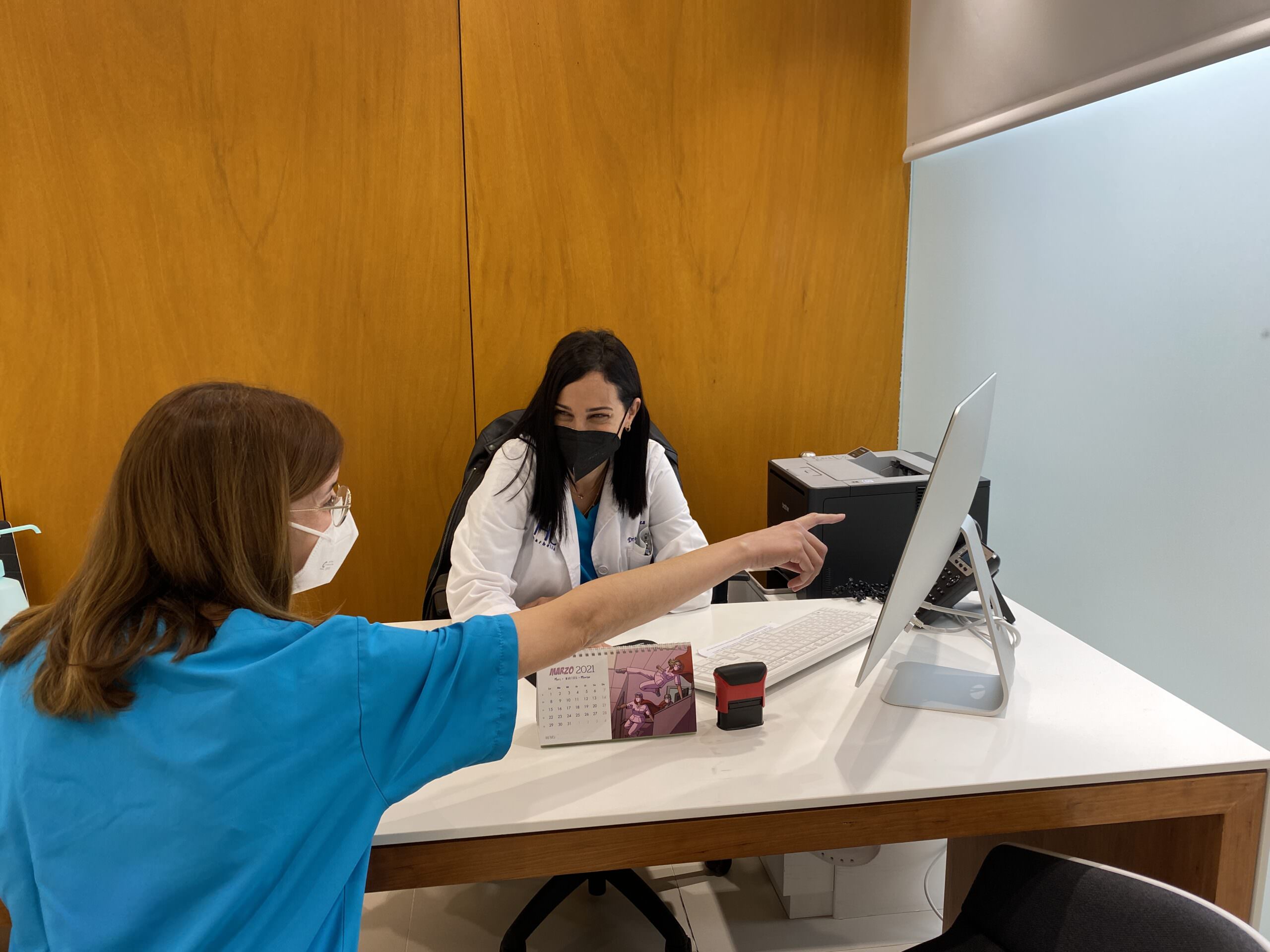1 June, 2020
JUNE IS THE MONTH OF FERTILITY. CAN INFERTILITY BE PREVENTED?

June is World Infertility Awareness Month, dedicated to all those couples who have problems in conceiving a child naturally and have to have recourse to techniques of assisted reproduction. There is no doubt that it is a long and hard road for many of them, but almost always, it has a happy ending

Every June, World Infertility Awareness Month is celebrated
It has been calculated that infertility is a disorder that affects 45 million people.
Fertility, that is, the ability to conceive a child, encompasses diverse circumstances, such as biological, emotional, environmental and cultural factors, among others, which, according to how they occur, may facilitate achieving pregnancy, or not.
It is believed that 40% of the cases of infertility originate in the female; a similar number have a male origin; and the rest are divided amongst those that have mixed causes
and those with no apparent cause. As regards the latter, they are cases in which up to the moment of defining the infertility, no clear disorder has been found that might offer a definite explanation.
What should be taken into account when protecting fertility:
It is a fact that there are as many cases and problematic circumstances as there are women or men who come to the clinic, each one is a unique case. And if we cannot prevent infertility, at least there are things we can take into account when protecting fertility:
- Carry out medical examinations periodically to check the general health of both women and men
- Work conscientiously on Quality of Life, as this will allow us to control factors that can upset the ability to reproduce, such as smoking, obesity, addictions and nutritional deficiencies.
- Take into account the close links that exist between the mind and the body. Stress, distress and anxiety can have a negative impact upon the attempt to bear a child.
Preserve fertility. In women, the most fertile age is between the ages of 20 and 30. Then it declines slightly until about age 35 and from then on, there is a definite decline in the ability to reproduce, not only because of a lower level of the quality of the eggs and a higher risk of miscarriage, but also on account of other risk factors which are on the rise.
So if you decide to put off the moment to become parents, it is important to consider the option of cryopreserving eggs or sperm. The advantage is that the gametes are conserved at the “age” they were at the moment in which they were frozen.
In HC Fertility we apply more personalised therapies which are less aggressive
designed to protect your health and wellbeing. We also offer you the option of cryopreserving your eggs in order to raise the chances of becoming pregnant when you and your partner want to.

Back to blog
In other news

24 November, 2023
Oocyte donation
Oocyte donation is an altruistic and confidential in which a woman gives her oocytes to another woma...
[Continue reading ]5 February, 2016
Why choose an IVF cycle outside the UK?
Probably due to the high Costs and restrictions the UK has when offering assisted reproduction cycle...
[Continue reading ]


